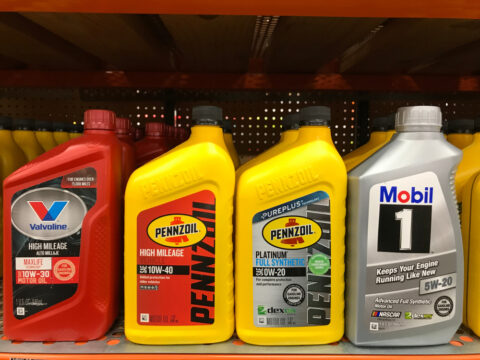Buying a car is a significant investment, and it’s crucial to gather as much information as possible before making a decision. To ensure you’re fully informed and confident with your purchase, here are essential questions to ask your car dealer. These inquiries will help you understand the vehicle’s history, condition, and the financial details of the deal, protecting you from potential surprises down the road.
Contents
Can I have the car inspected?
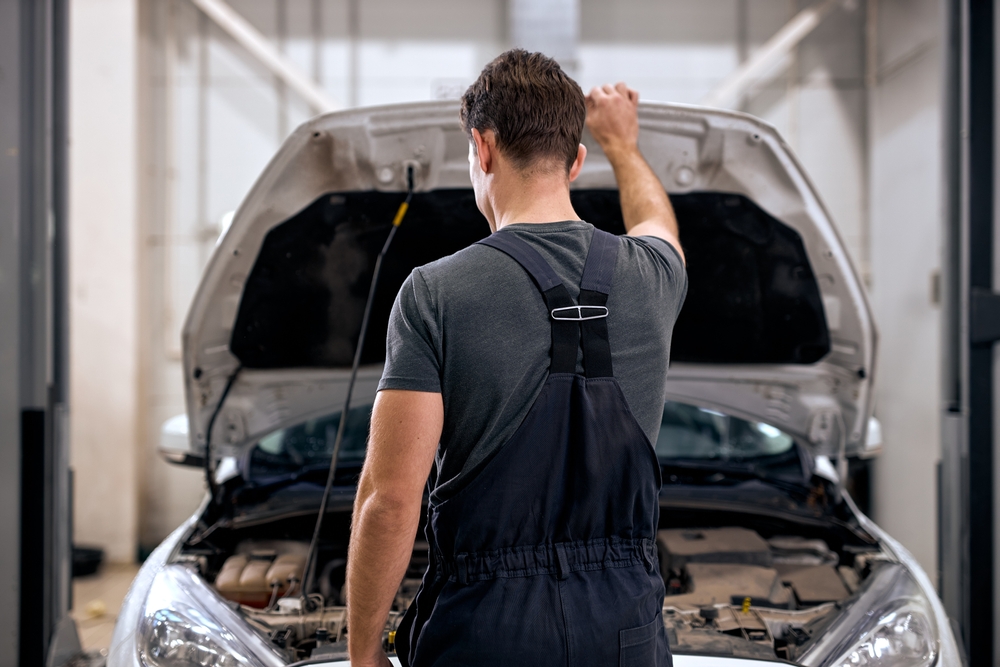
It’s crucial to have a car inspected by an independent mechanic before purchasing. This inspection can uncover potential mechanical problems or previous damage that might not be visible during a routine walk-around or even during a test drive. If the dealer hesitates or refuses to allow an inspection, consider it a red flag, as this is a standard request in used car purchases. An independent assessment ensures that you are fully informed about the car’s condition and can negotiate repairs or adjust the price accordingly.
How many previous owners?

The number of previous owners a car has had can give you valuable insights into its history and upkeep. Cars with fewer owners are often better maintained, which can extend the lifespan of the vehicle. Moreover, cars that have changed hands infrequently typically have a more comprehensive and consistent maintenance record, which is beneficial for future servicing and resale.
How old is the car?

The age of the car is a critical factor as it influences aspects like depreciation, maintenance needs, and the availability of replacement parts. Older cars may be more affordable but could require more frequent repairs and might lack the latest safety features and technology. Understanding the age allows you to balance your budget with your expectations for performance and maintenance.
Can I test-drive it?

Test-driving a car is one of the most important steps in the buying process. This is your chance to check everything from engine performance and handling to brake responsiveness and comfort. A test drive can also help you detect irregular noises and assess the overall drivability of the car. Make sure to drive in various conditions, including highways and hills, to thoroughly evaluate the vehicle’s condition.
What is the vehicle’s current mileage?
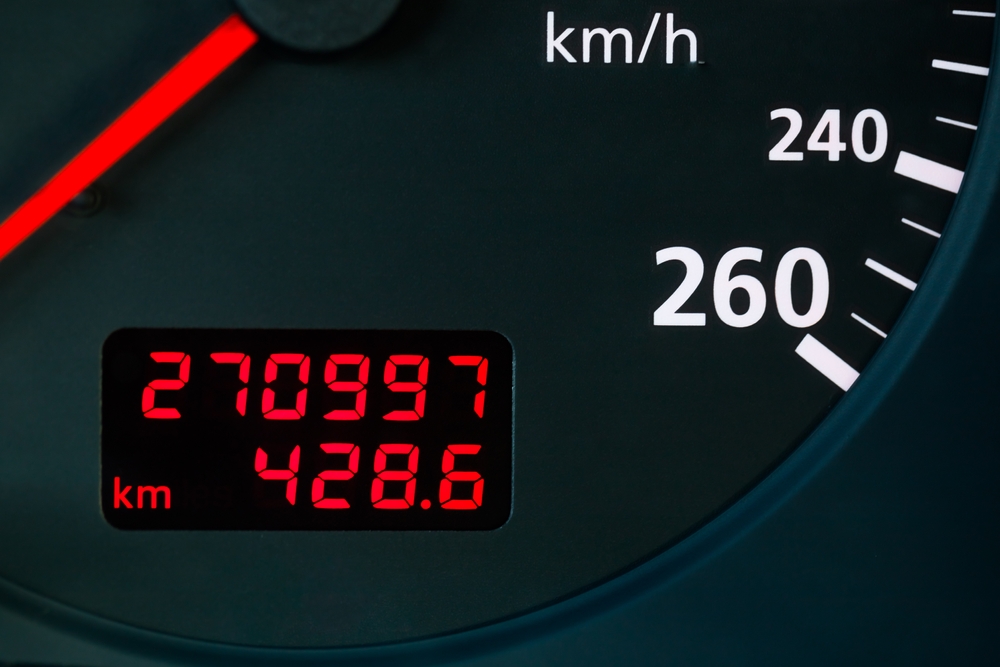
Mileage is a straightforward indicator of a car’s wear and tear. High-mileage cars often have more mechanical wear, which can lead to costly repairs. However, a well-maintained high-mileage car might still be a good purchase. Compare the mileage with the car’s age to gauge if it has been used extensively or sparingly, which can impact the engine’s longevity and overall vehicle health.
Are there any mechanical problems?

Directly asking about any mechanical issues not only helps you understand the immediate state of the car but also tests the dealer’s transparency and honesty. Knowing about any current issues allows you to make an informed decision, possibly negotiate a lower price, or request repairs before finalizing the purchase.
How much is the car?

Clarifying the full price of the car upfront helps avoid any surprises with hidden fees or additional costs. It’s also the starting point for any negotiations. Discussing the price in detail helps you understand all the financial components involved, including taxes, registration fees, and any dealer-specific charges, ensuring you stay within your budget.
Has it been in any accidents?

A car that has been in significant accidents may have structural damage, which can affect its safety and functionality. Even if the car has been repaired, the integrity of repairs and the replacement parts’ quality can vary, potentially leading to future problems. A clear history of the vehicle’s accidents helps you make a safer investment.
Is there a warranty?

A warranty can significantly affect your decision to purchase a vehicle as it provides a safety net against future repair costs. Understanding the warranty’s scope, what components are covered, and its duration helps you assess the value of the deal and the reliability of the vehicle.
What are the financing options?

Thoroughly understanding the financing options available can save you money in the long run. Interest rates, loan terms, and the possibility of flexible payment schedules should be compared across different lenders if the dealer offers such arrangements. Make sure there are no hidden clauses that could increase costs unexpectedly.
Can I see the service records?

Access to detailed service records helps you verify that the vehicle has been maintained properly at regular intervals. Regular maintenance is critical for the car’s longevity and can prevent complex mechanical issues. Moreover, comprehensive service records can enhance the car’s resale value in the future.
Is there a return policy?

Knowing whether the dealer offers a return policy can give you confidence in your purchase. A return policy, even if it’s only for a short period, allows you to reassess the vehicle under different conditions and ensures that you are not stuck with a car that doesn’t meet your expectations or reveals issues not apparent during the initial purchase phase.
What are the insurance costs?

Before finalizing your car purchase, it’s crucial to investigate the insurance costs as they can vary significantly based on the car model, your driving history, and the insurance company. Some cars, especially sports cars or models with high theft rates, can carry higher insurance premiums. Understanding these costs will help you budget accordingly and avoid unexpected expenses. It’s also wise to check if any features of the car, like safety equipment, could potentially lower insurance costs.
Are there any ongoing recalls?

Checking for ongoing recalls is vital for safety and financial reasons. A recall indicates a recognized issue by the manufacturer that needs to be addressed. Driving a car with an unresolved recall can be dangerous, and it might also affect insurance and warranty conditions. Dealers should repair any recalls before selling, but verifying this personally ensures you are not liable for future recall-related issues.
Can you provide a CarFax/vehicle history report?

A vehicle history report is essential as it provides a detailed background check of the car, including previous accidents, title problems, service points, and whether it has ever been declared as salvage. This report can reveal critical information that may not be disclosed by the seller, giving you a clearer picture of what the car has been through before reaching you.
Is the title clear?
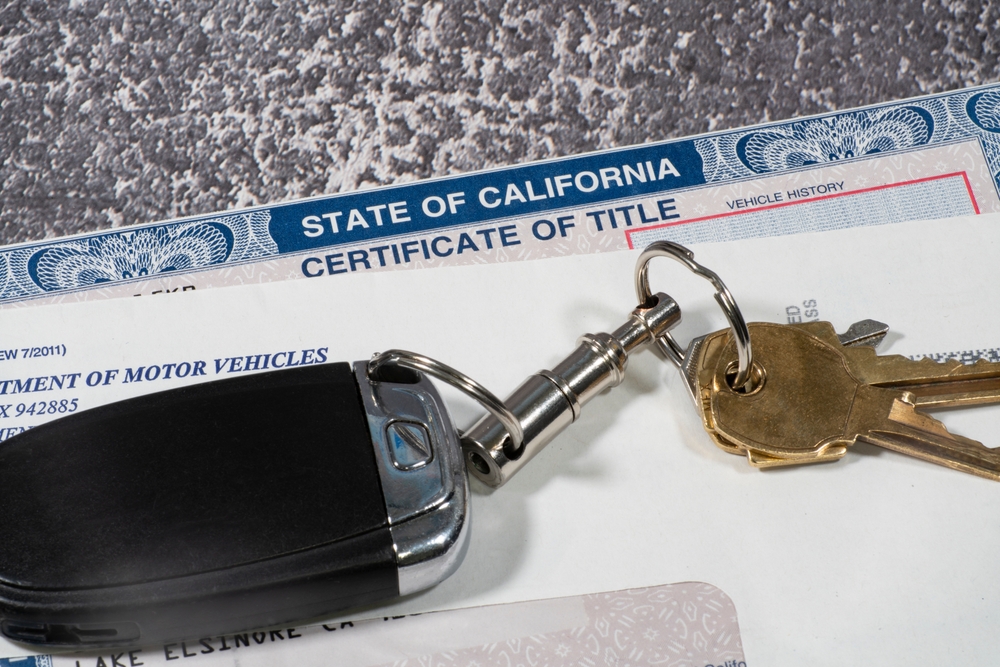
Ensuring the car has a clear title is crucial; a salvage title or a lien from a bank can complicate your purchase. A salvage title indicates significant past damage, generally from an accident or flood, which might have permanently affected the vehicle’s performance and safety. A clear title means there are no legal claims against the car, ensuring you can own, register, and insure it without issues.
What is the fuel efficiency?

The fuel efficiency of a vehicle affects ongoing operational costs and environmental impact. Especially with fluctuating fuel prices, a fuel-efficient car can save a considerable amount of money over time. Additionally, some regions offer incentives for owning vehicles with certain fuel efficiency standards, which can further benefit you financially.
Are there any aftermarket modifications?

Aftermarket modifications can significantly alter a car’s performance, warranty, and insurance. Modifications such as engine changes or structural alterations can affect the car’s safety, reliability, and resale value. It’s important to know what has been changed from the original manufacturer specifications to ensure these modifications meet safety standards and do not invalidate any existing warranty.
What are the dealership fees?

Dealership fees can vary widely and can include charges for paperwork (doc fees), preparation fees, delivery fees, and more. Understanding all applicable fees can help you negotiate better and avoid surprises at the time of payment. Some fees are negotiable, and knowing this can help you reduce the overall cost of your purchase.
Is the car certified pre-owned?
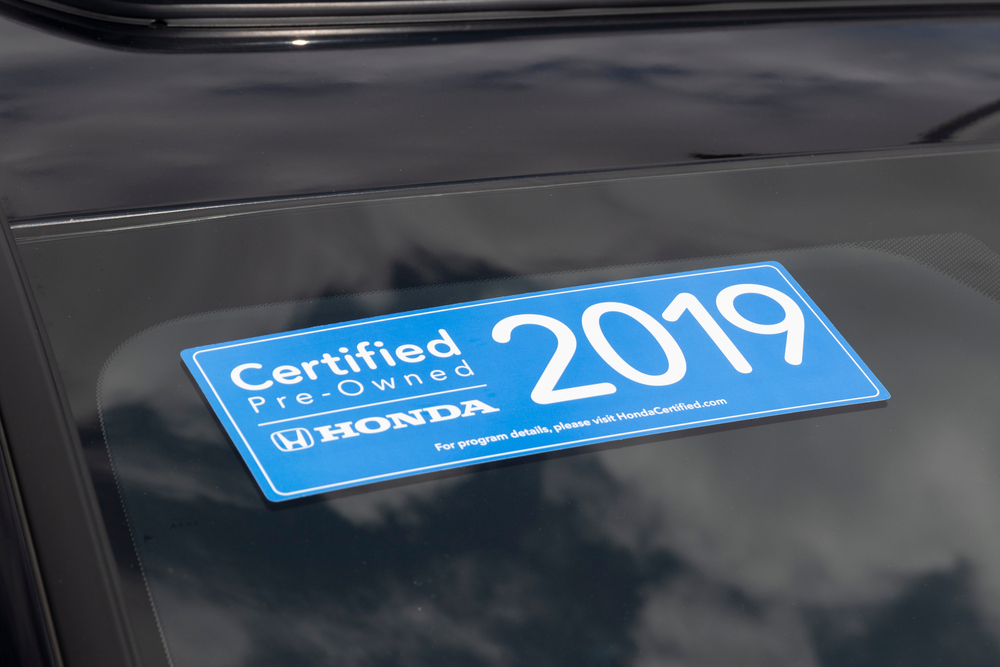
Buying a certified pre-owned (CPO) vehicle can offer a balance between the benefits of a new and a used car. CPO vehicles are inspected, refurbished, and certified by a manufacturer or other certifying authority, ensuring they meet certain standards. They often come with extended warranties and competitive financing options, similar to new cars, providing additional peace of mind.
This article originally appeared on MyCarMakesNoise.
More from MyCarMakesNoise
10 Electric Planes Set to Revolutionize Air Travel

The future of air travel is electric, and it’s arriving sooner than you might think. As the aviation industry pushes towards sustainability, electric planes are emerging as game-changers. Read More.
10 Key Concerns About the Lifespan of EV Batteries
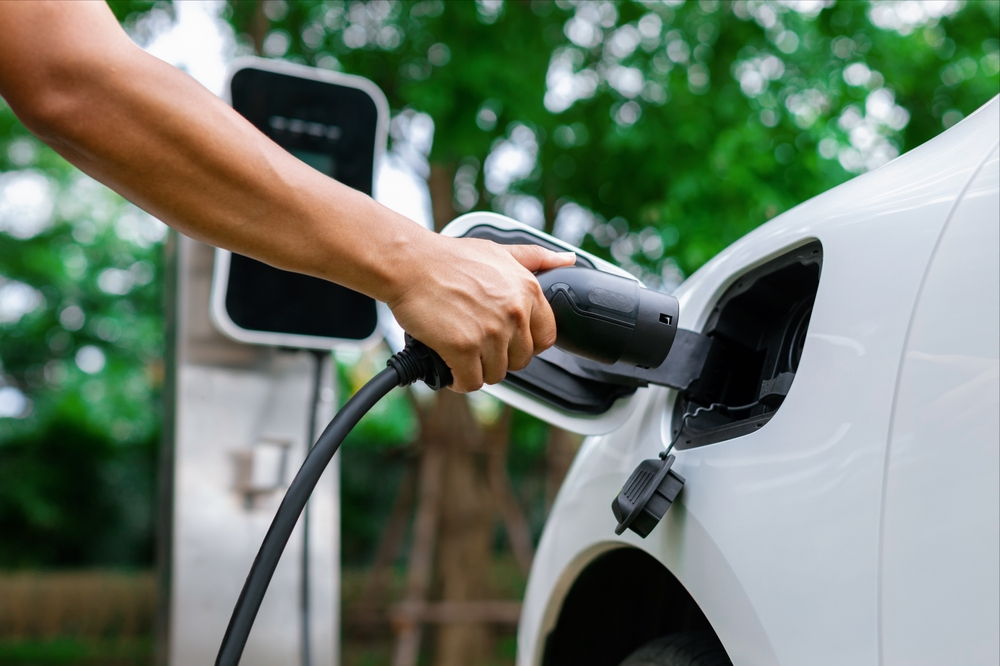
As the world rapidly transitions to electric vehicles (EVs) in pursuit of a greener and more sustainable future, it’s essential to address the common concerns that often hover over the minds of potential EV owners. Read More.
20 Features Drivers Wish Automakers Would Eliminate

Not all car features are welcomed by drivers. Some can be more annoying than useful, adding complexity or distraction. Here are some features drivers wish automakers would eliminate to enhance the driving experience. Read More.




